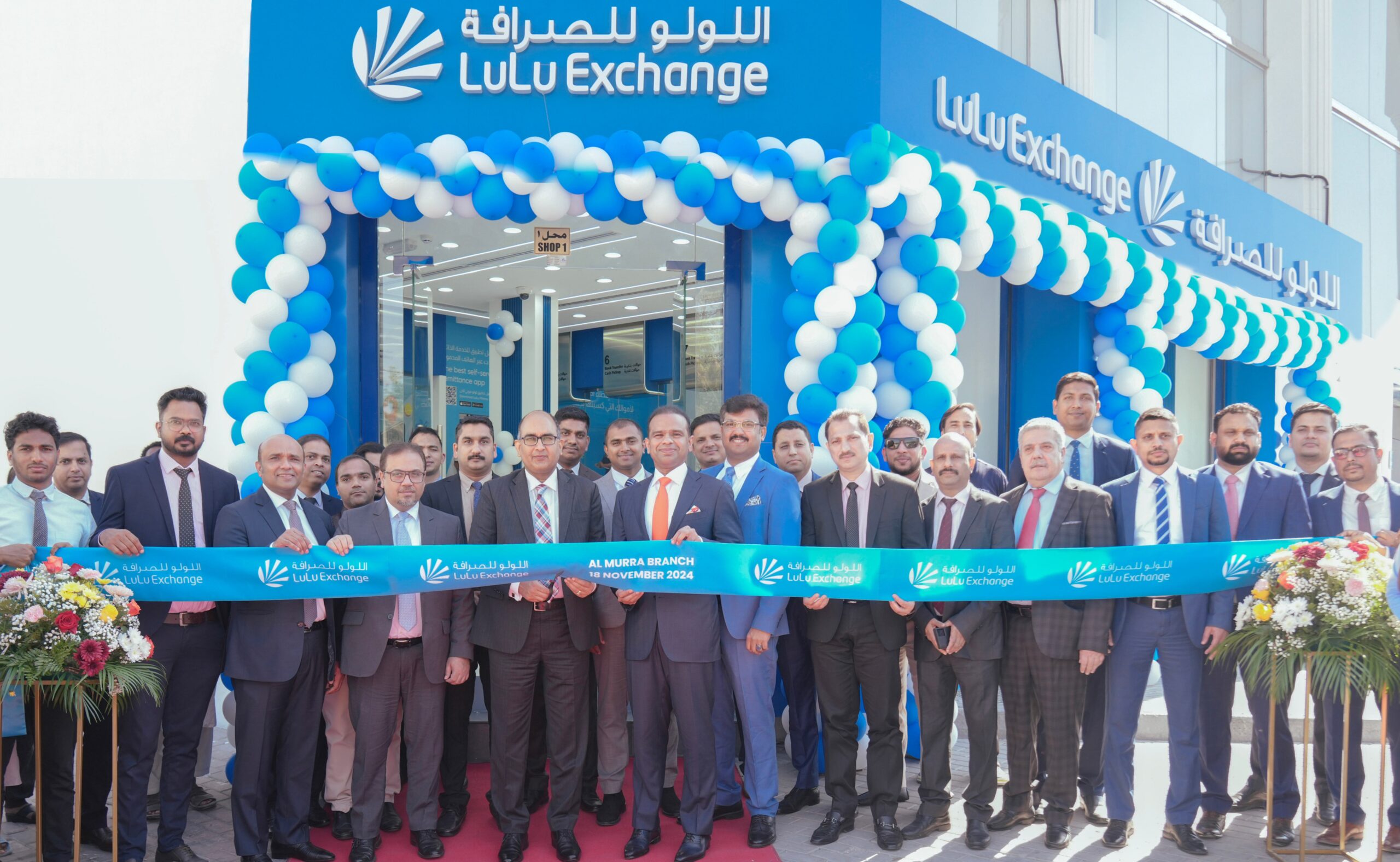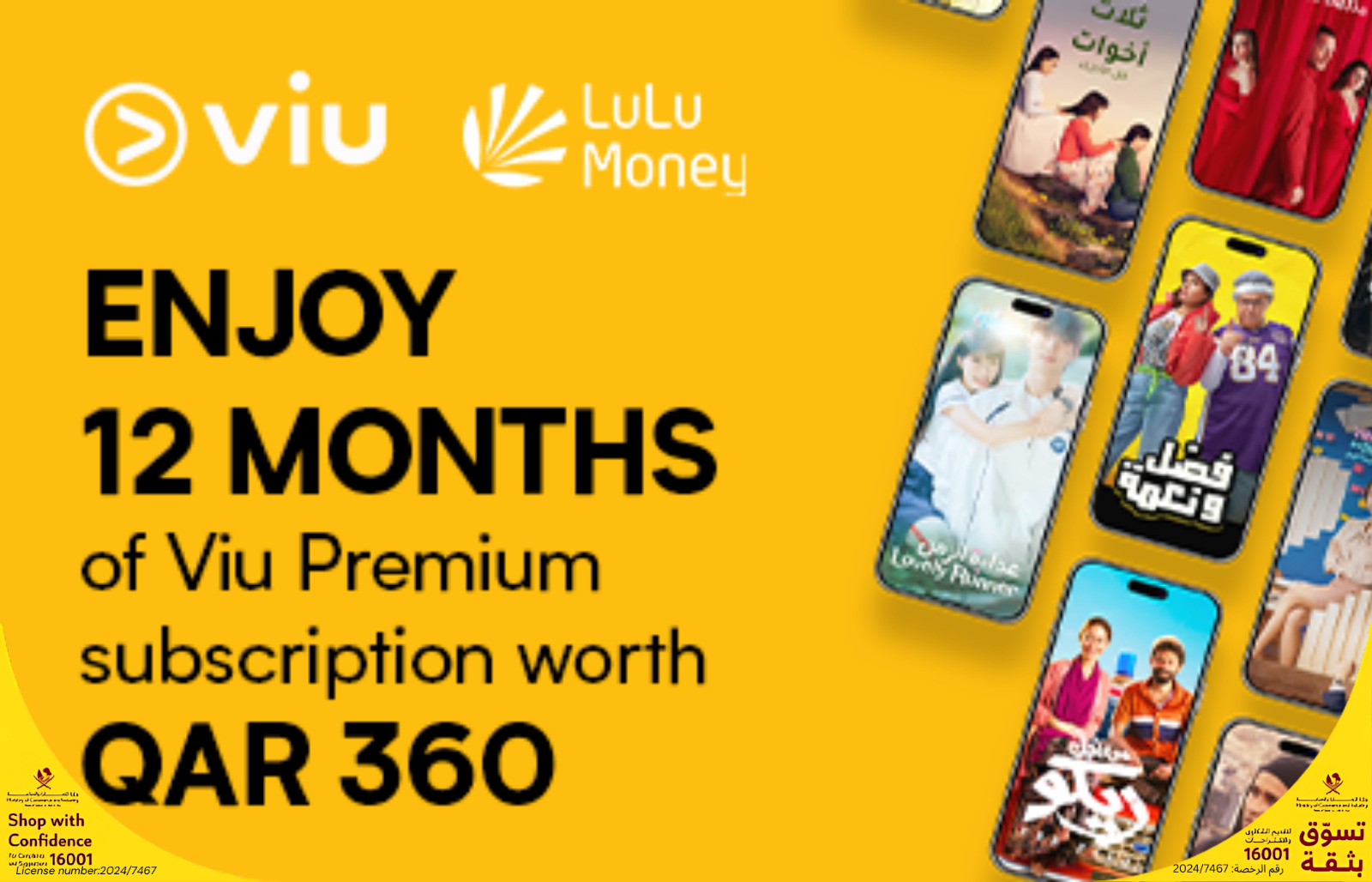LuLu Exchange Qatar, a trailblazer in cross-border payments and foreign currency exchange, proudly inaugurated its 6th Customer Engagement Center in the nation, reaffirming its commitment to exceptional service and customer satisfaction.
LuLu Exchange Qatar, a name synonymous with trust and reliability, has firmly positioned itself as a significant player in the financial landscape of the nation. The new customer engagement center was inaugurated by H.E. Vipul, Ambassador of India to the State of Qatar, in the esteemed presence of Mr. Adeeb Ahamed, MD, LuLu Financial Holdings and other esteemed members from the senior management of LuLu Exchange Qatar.
This momentous occasion signifies the opening of the 365th Global Customer Engagement Center, highlighting LuLu Financial Holding’s global footprint and dedication to providing unparalleled financial services.
Speaking at the event, Mr. Adeeb Ahamed, MD, LuLu Financial Holdings, quoted, “Qatar is a key market for our operations, and we extend our gratitude to our valued customers and partners for their unwavering support towards our continued growth.”
LuLu Exchange Qatar has consistently pioneered digital transformation initiatives, introducing industry-first innovations to enhance services for retail and corporate customers alike. The company’s focus on technology is evident through its mobile payments app – LuLu Money, providing financial services with timeliness, transparency, and reliability.
LuLu Exchange
LuLu Exchange Qatar, a subsidiary of LuLu Financial Holdings, is a leading financial services provider in Qatar. The company has been at the forefront of digital transformation, introducing innovative initiatives to better serve retail and corporate customers alike. With a commitment to excellence and a global presence, LuLu Exchange Qatar continues to play a pivotal role in shaping the financial landscape of the nation.








